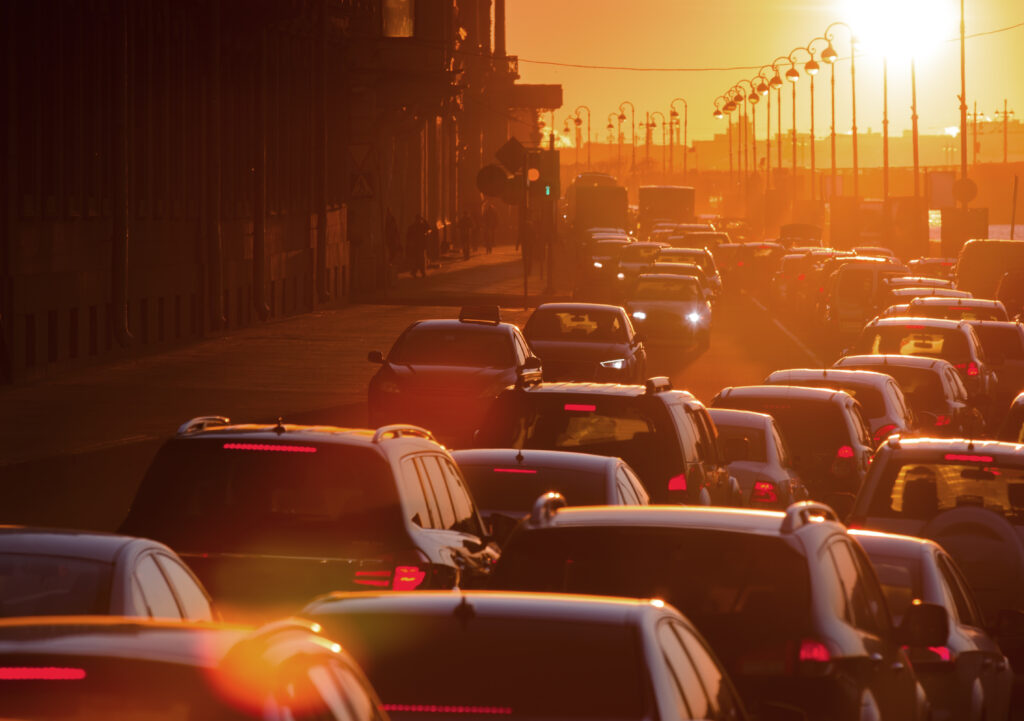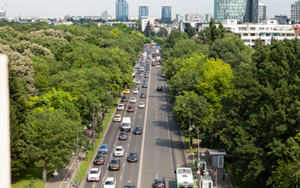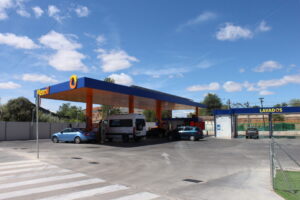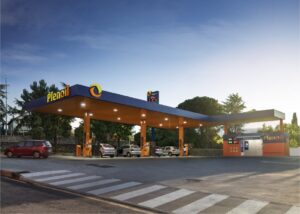During the summer, numerous holiday trips are recorded. The endless queues on Spain’s main roads are a recurring image every summer, along with breakdowns and accidents. What can we do to avoid this type of situation?
Here are some tips that can be helpful when making these types of trips.
Maintenance of your car
-
Oil level
It is necessary to check the oil before making a trip, as this breakdown can be serious and cost between 1,000 and 8,000 euros. However, oil change only costs between 70 and 120 euros. Oil change is essential.
-
Tires
It’s important to inflate the tires before each trip to get the car ready. The tire tread should not be below 1.6 millimeters and the appropriate pressure should range between 2 and 5 bars. This way, you’ll save on fuel consumption.
-
Lights
For safety, it’s important to check that all car lights are working properly. Plus, if one is missing, it can result in a fine. The proper functioning of the lights can prevent some traffic accidents.
-
Brakes
One of the points to check before each trip is the brake pads. The failure of these or excessive moisture would lead to corrosion and the appearance of air bubbles. This damage can cost between 200 and 400 euros and reduce braking efficiency.
-
Car indicators
It’s advisable to check any warning lights that may be on in your car. In case of any, you should solve this issue because it could lead to a major breakdown.
-
Windshield wipers
It’s essential to check that both the wipers and the windshield washer fluid are in perfect condition to ensure good visibility on the road.
-
Shock absorbers
The proper functioning of this component influences the driver’s control over the car. Therefore, it’s essential to check if the behavior of the brakes and steering is correct.
Properly load your luggage
The Dirección General de Tráfico (DGT) recommends that all objects be in the trunk when traveling. They also specify that the correct placement would be to put the heaviest items underneath in the front and the large, rigid suitcases at the back. This way, the vehicle will maintain its center of gravity.
If you have more items than space, it’s advisable to place them inside a roof rack or trunk.
Avoid traffic jams
One of the most tedious moments when traveling are the endless traffic jams that occur at the exit of major cities. Specifically, Madrid and Barcelona are the cities that experience the most traffic during the summer holidays. It’s important to note that they mostly occur between 3:00 PM and 11:00 PM, on Fridays and Saturdays in the morning. Also, it’s important to consider the return to the city, as Sundays in the afternoon see more traffic jams due to weekend getaways. In each region, there are some highways and main roads that witness long waits during summer weekends.
- Andalusia: AP-4, AP-7, AP-46, A-4, A-7, A-44, A-45, A-49, A-66, A-92, A-92M, A-357, and MA-20.
- Aragon: AP-2, AP-68, A-2, and A-23.
- Asturias: AP-66, A-8, A-66, and N-634.
- Cantabria: A-8, A-67, S-10, and S-30.
- Castilla-La Mancha: AP-36, A-3, A-4, A-5, A-30, A-31, A-40, A-41, and A-42.
- Castilla y León: AP-1, AP-6, A-1, A-6, A-52, A-62, A-66, A-67, and N-630.
- Valencian Community: AP-7, A-3, A-7, and N-332.
- Extremadura: A-5 and A-66.
- Galicia: AP-9, A-6, A-8, A-52, A-55, and N-550.
- Balearic Islands: MA-1, MA-13, MA-19, and MA-20.
- Madrid: AP-6, A-1, A-2, A-3, A-4, A-5, A-6, and M-40.
- Region of Murcia: AP-7, A-7, A-30, RM-12, and RM-19.
- Navarre: AP-15, A-1, A-10, A-12, A-15, and A-21.
- La Rioja: AP-68, A-12, N-111, and N-232.
Find your nearest gas station
Regardless of the region you travel to, you will find a Plenoil gas station where you can refuel. Summer trips often involve large expenses and fluctuations in our monthly budgets, so at Plenoil, we offer the best prices on the market in every corner of Spain.





